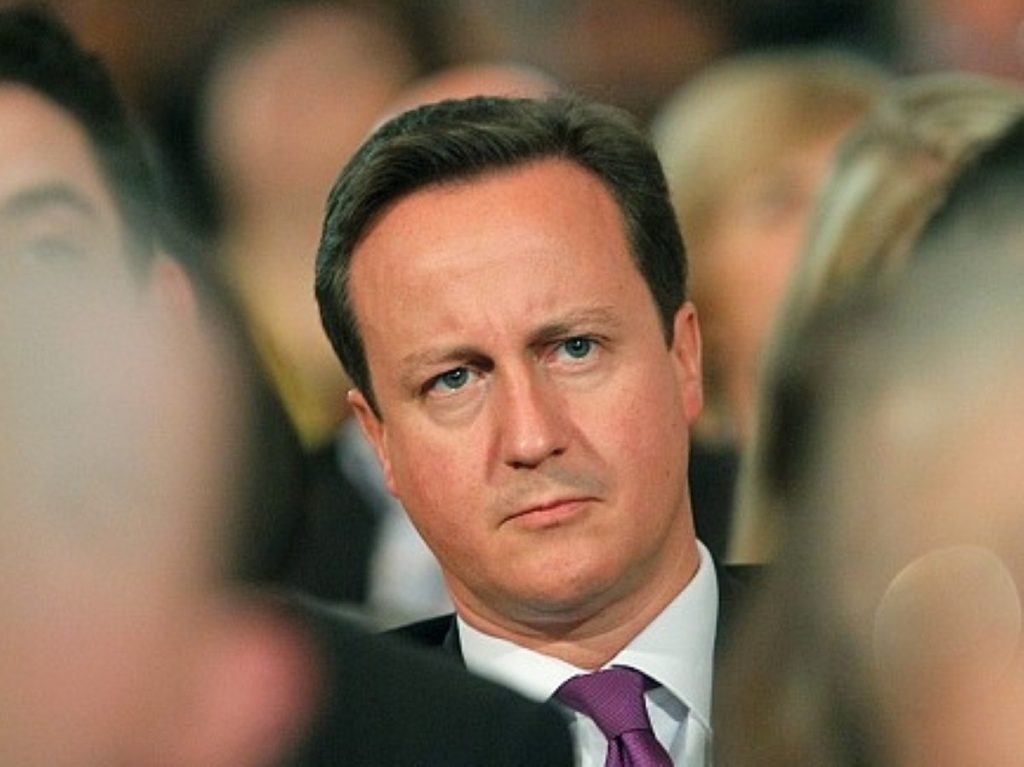Week in Review: The Tories threaten to fall apart all over again
To lose a Commons vote as prime minister is humiliating. But to be humiliated without even losing a Commons vote is something altogether worse.
Cameron ended the week engaged in a grubby, underhand war with his backbenchers. Rebel Tory MPs had put down amendments to his immigration bill – one of them demanding extended controls on Bulgarians and Romanian migrants while another pressed for judicial discretion over right-to-family-life deportation claims.
Cameron won both votes, but the manner in which he did so was highly revealing. In a sign of quite how little authority the prime minister has over his own party, he was forced to tell ministers to abstain on the latter amendment. It was defeated – by Labour and Liberal Democrat MPs – but the image of a party leader without the strength to actually oppose amendments which he considers illegal will not have been forgotten by his party. Or the opposition.
How did it come to this? The signs were there throughout the week. The numbers didn't stack up, but Downing tried to call a bluff and force a vote. They took a gamble and, in a sense, won. After all, they won the vote. But it was a pyrrhic victory, revealing his hand and showing quite how poor his cards are.


It was an unfortunate week for the prime minister throughout. Public support for Ed Ball's commitment to a 50p tax rate refused to die down, despite a savage mauling from the right-wing press and business leaders.
Cameron's Achilles Heel was the result of reports that he wanted to cut the top rate of income tax further – to 40p. It was remarkable: a politically barmy move 18 months ahead of the general election. It was as if George Osborne was going out of his way to validate precisely those concerns the public have about the Tories. Miliband was able to use the reports to make Cameron squirm during PMQs. It was the Labour leader's first convincing win since 2014.
Then the immigration bill returned. Downing Street tried a last minute gambit , including a Theresa May amendment which would allow her to strip British subjects of their citizenship. It was a move specifically designed to fly against the face of decades of human rights consensus on not making people stateless. Apparently, this is the sort of thing which attracts the Tory rank-and-file. But even that didn't work. The Tory backbenchers rebelled anyway.
The next morning, as he picked up the pieces, another disaster struck. The EU referendum bill had been killed off by the Lords. Backbenchers will want a government bill now, but Cameron knows that if he starts one the Lib Dems will kill it off. His only other option is to try another private members bill, but that is likely to meet the same fate in the Lords.
This is where his concessions to his eurosceptic backbenchers have got him. It doesn't pacify them, it just encourages them. And now he's trapped, with no good options, and a parliamentary party seemingly intent on his blood.









